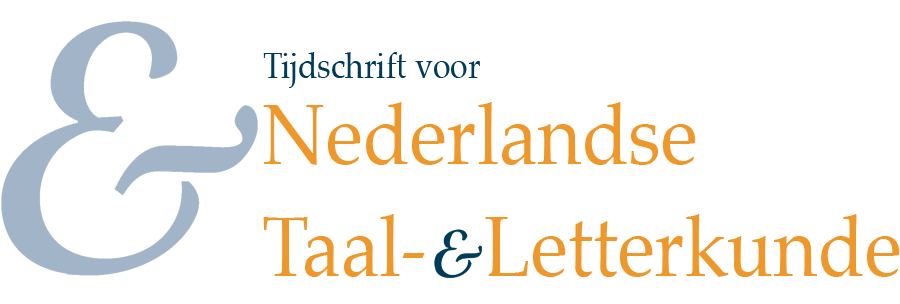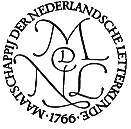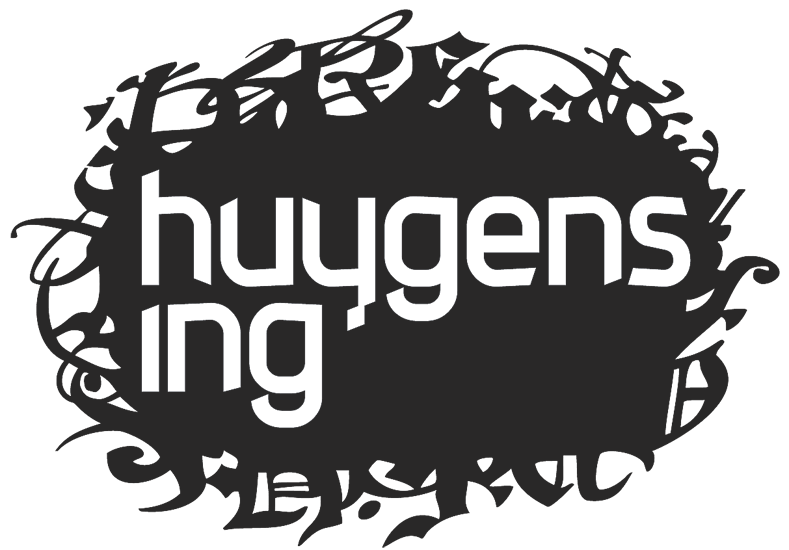Moerlemaye: een taalkundige en historische verklaring. Over de naamgeving van politieke conflicten in de middeleeuwse Nederlanden
Samenvatting
Naming conflicts is a feature of late medieval politics that has not received enough attention. Names and words referring to revolts and social upheaval were certainly not chosen arbitrarily. They were coloured by the opinion and beliefs of the people participating in the rebellion or the authorities suppressing it. This article focuses on one specific example of such ‘event names’, namely Moerlemaye. It refers both to the revolt which took place in Bruges in 1280 as well as to other, more general forms of urban conflict. The historical and in-depth etymological analysis of this term demonstrates that it was used to denote the speech acts and the murmur rebels used in mobilising for action. Ultimately, the term must go back to Romance *murmurata (supplanting Latin murmuratio), which is attested by Middle High German murmelât(e), even though the derivational ending Flemish -ay(e) poses some problems. Therefore it refers to the murmur and rumour taking place during such an uproar. As a result, this article shows that Moerlemaye made part of a general pattern of naming conflicts in late medieval Europe because also elsewhere the noise made by rebels during the tumult has given its name to political conflicts.
Terugverwijzingen
- Er zijn momenteel geen terugverwijzingen.



